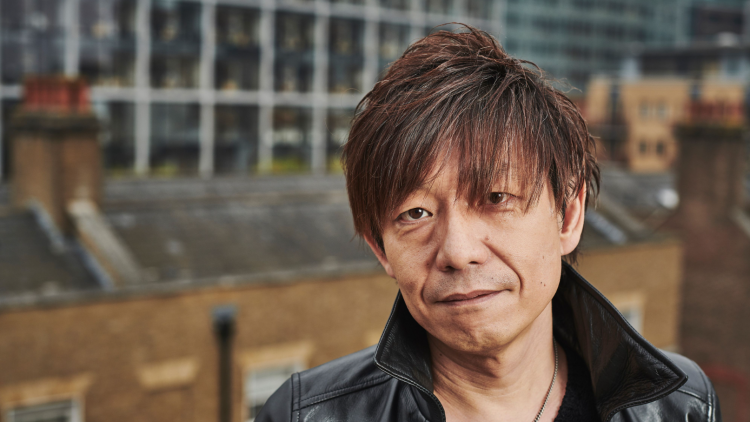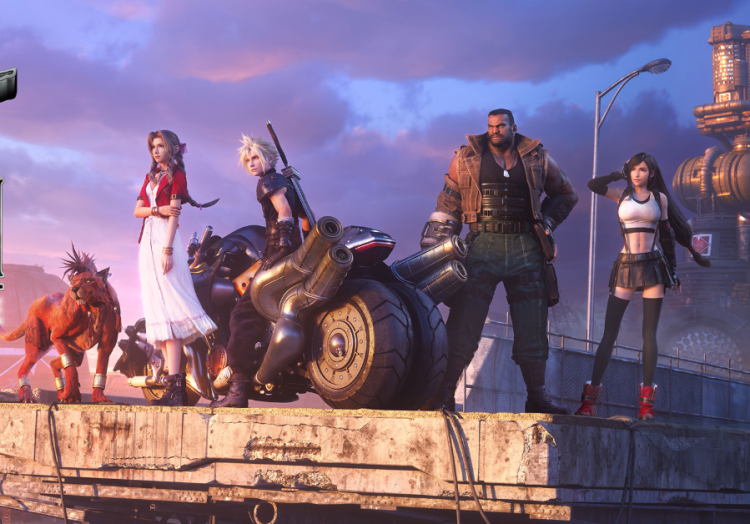Naoki Yoshida Isn’t Ruling Out a Turn-Based Future for Final Fantasy
The buzz around Clair Obscur: Expedition 33 hasn’t just put indie RPGs in the spotlight—it’s brought old questions about Final Fantasy back into circulation. With Clair Obscur proving that turn-based systems can still carry major games in 2025, many fans want to know if the next Final Fantasy will return to its roots. Now, franchise producer Naoki Yoshida has weighed in, and while he didn’t give a definitive answer, he’s made it clear that the path forward is still wide open.
Yoshida, who’s led work on both Final Fantasy 14 and Final Fantasy 16, was asked about this directly in an interview with Anime News Network. The timing of the question wasn’t random—Clair Obscur has gained widespread attention for its hybrid of classic turn-based mechanics and stylized modern presentation, drawing immediate comparisons to older Final Fantasy games. And with every new entry in the series reinventing the wheel, from ATB to real-time action, fans naturally wonder what direction the next one will take.
"It's not a clear-cut answer, whether it will become all turn-based, or if it's going to become more action-based."
That line from Yoshida says a lot about how the current leadership at Square Enix is thinking. According to him, the battle system is only one part of the bigger picture. He explained that choices around gameplay—whether turn-based, real-time, or hybrid—stem from larger creative goals. Visual quality, narrative tone, pacing, and design philosophy all shape what kind of game gets made. The battle system isn’t picked in isolation.

Yoshida also made it clear that he might not be around to shape the next few games. He stated he’s “not necessarily going to be on Final Fantasy 17,” and emphasized the importance of not locking future creators into one style. The way he put it: “We don’t want to put them on a rail.”
In short, the next phase of Final Fantasy could go in any direction. And that’s not a dodge—it’s how this series has always worked. Every mainline entry brings a new world, a new cast, and often, a new way to play. The shift from Final Fantasy 9’s traditional setup to 12’s pseudo-MMO mechanics, or 13’s chain-building speed battles, followed by 15’s open-world blend and 16’s Devil May Cry-style action, shows just how flexible the brand has become.
Still, Yoshida’s comments show that the idea of returning to turn-based isn’t dismissed, especially with how Clair Obscur has resonated. That game leans hard into turn-based design but wraps it in slick visuals and cinematic flair. It doesn’t look or move like a game from the past, even though the mechanics are familiar. The success of that formula has clearly put a new spotlight on old-school design, and people are taking notes.
Yoshida has discussed this before. In past interviews about Final Fantasy 16, he explained that a more action-oriented approach was meant to pull in new players and meet modern expectations for what a AAA title should deliver. It wasn’t just a creative decision—it was a business one. Action systems are often seen as easier entry points for players used to other genres.
But now, thanks to Clair Obscur, that argument is being tested. That game has built its momentum not by chasing trends, but by sticking to a clear vision. Instead of softening the turn-based system to appeal to action fans, it doubled down on what made that format great. The result? One of the year’s biggest surprises.

It doesn’t mean Final Fantasy will mirror that directly, but it shows that there’s still strong demand for turn-based games—if they’re done well. The modern audience isn’t as fixed in their preferences as marketing departments often assume. A turn-based game can hit hard, as long as the full package is strong.
Yoshida’s approach gives space for that possibility. The way he talks about game development leaves room for a range of directions. Future Final Fantasy games might embrace turn-based systems, or keep evolving toward real-time. Or maybe they’ll land somewhere in between, like Final Fantasy 7 Rebirth, which mixes both.
For now, no roadmap is set. And based on how long these games take to make, we may not hear much about Final Fantasy 17 for years. But when it does show up, one thing’s clear: it’ll be shaped more by creative vision than any pressure to follow tradition.
Whether that vision brings back menus and timing bars or continues down the path of real-time combat, the freedom to pivot is what keeps Final Fantasy interesting. If anything, Yoshida’s answer reinforces that. There’s no fixed formula. The future’s wide open.

Comments